COVID models which led to the delay of ‘freedom day’ were based on out-of-date information, according to reports.
And it’s claimed Boris Johnson may have been aware the data may have been flawed – before telling the nation restrictions must continue on.

Read our coronavirus live blog for the latest updates
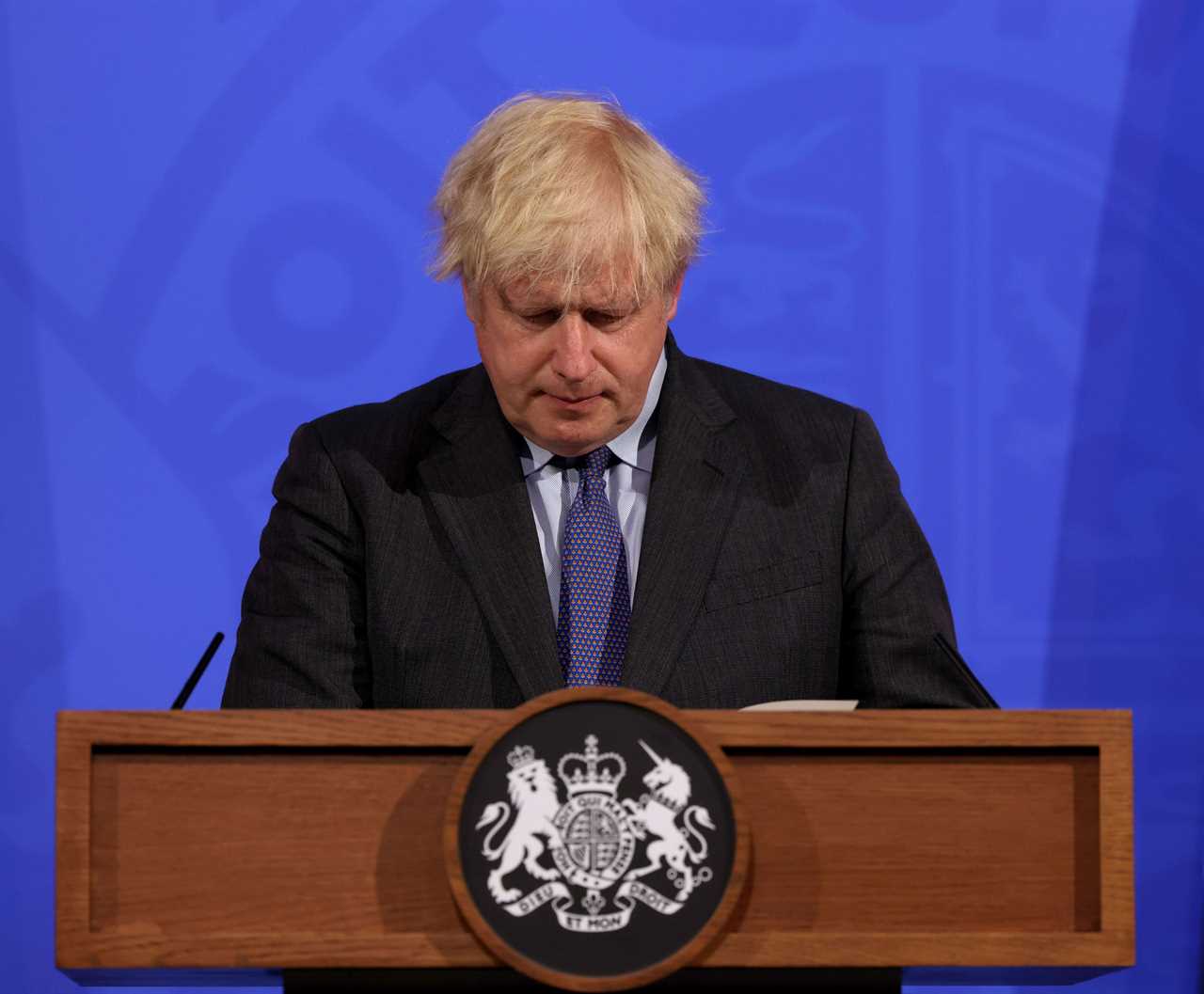
Experts predicting a worst-case scenario say more than 200,000 more Brits could die by next June – while others estimate 50,000 more may lose their lives during a third wave over the summer.
However, it’s now claimed the data is based on old estimates about the effectiveness of the jab – which assumed far fewer people were protected, the Telegraph reports.
Under the most pessimistic scenario, Imperial College boffins said there could be 203,824 fatalities within the next 12 months.
It comes as:
- Face masks won’t be a legal requirement on public transport from July 19, says Matt Hancock
- A health chief has warned daily cases could be ‘up to 25,000’ – and 25 Covid variants are currently being monitored
- Britain now has the worst coronavirus outbreak in Europe as the Indian – or Delta – mutation sends cases soaring
- Care home staff will reportedly be legally obliged to get the jab to protect residents
- The JCVI says children shouldn’t be given the jab until more is known about the risks
But it’s claimed the study used dated information.
Academics worked on the basis that the AstraZeneca jab would reduce hospital admissions by between 77 and 87 per cent after two doses, while other studies put the figure at between 81 and 90 per cent.
In fact, Public Health England says the jab is 92 per cent effective against hospitalisation.
And the effectiveness of two doses of Pfizer was also underestimated. Imperial said it was between 84 to 90 per cent effective – when the true figure is 96 per cent.
It means that both the scenarios the Government used to consider whether to push back June 21 may be wrong.
Using the right data in one of the models would see predicted fatalities fall from 72,400 to 17,100, the publication reports.
Imperial’s pessimistic death toll figures would also drop from more than 200,000 to 26,854 – but even that number could still be too high.
And Dr Susan Hopkins, deputy director of Public Health England’s national infection service, said ministers have been aware of the information since last Friday.
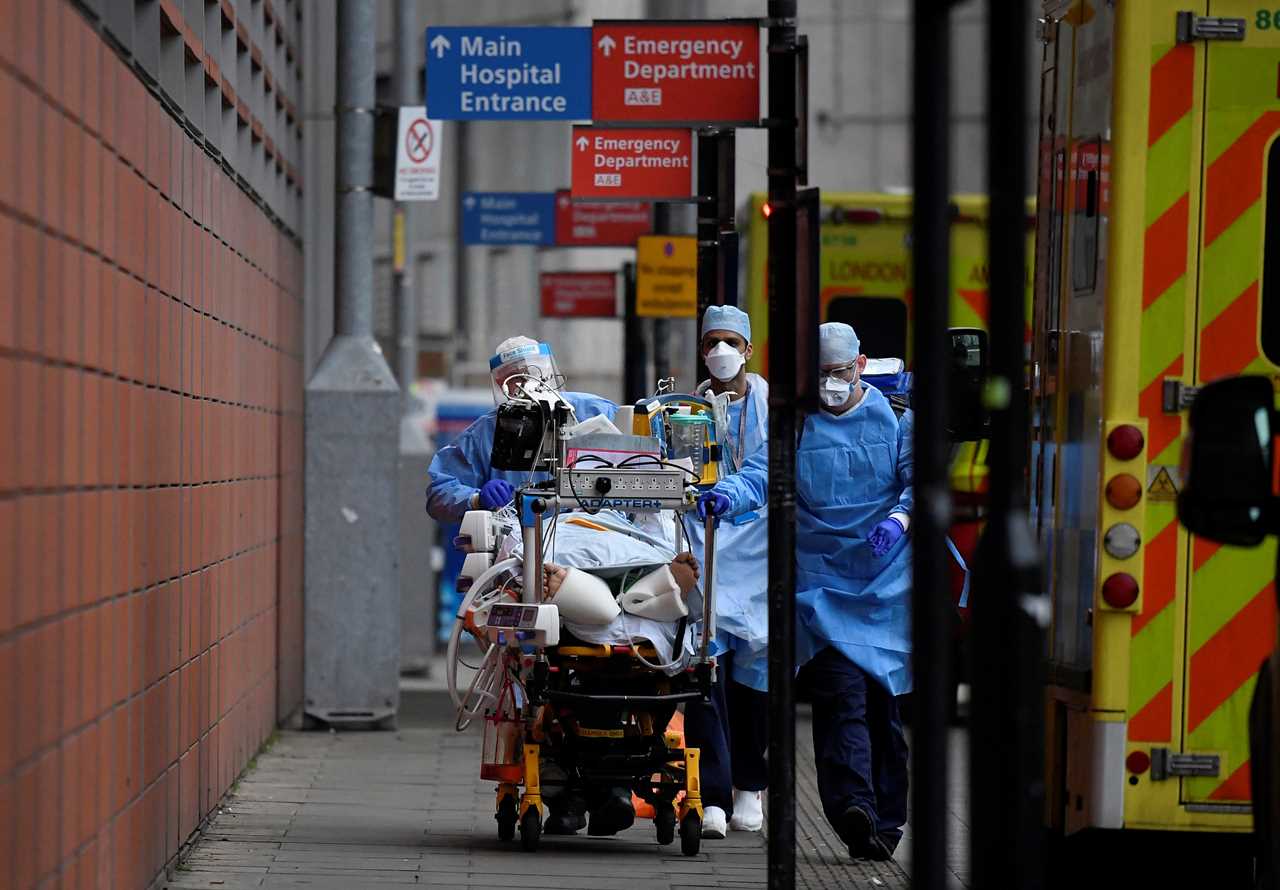
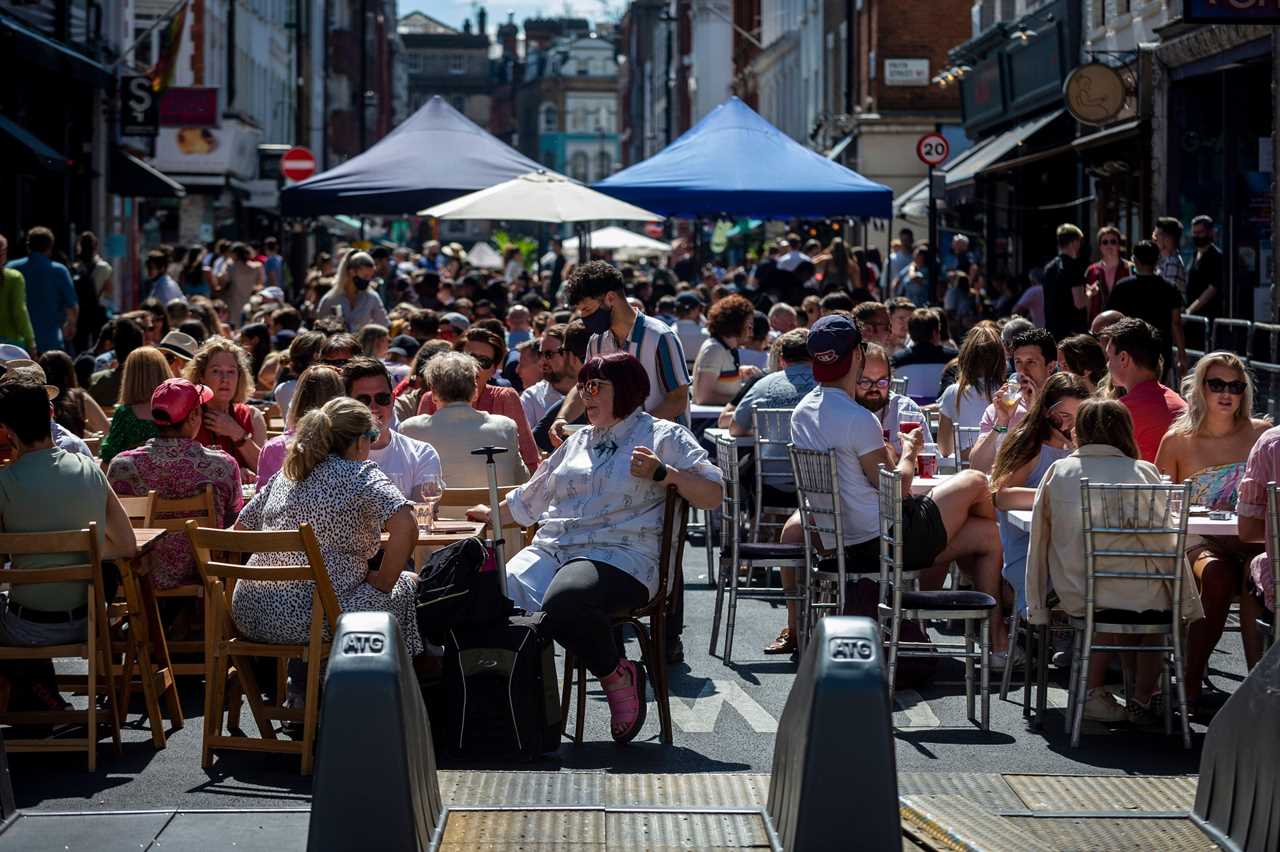
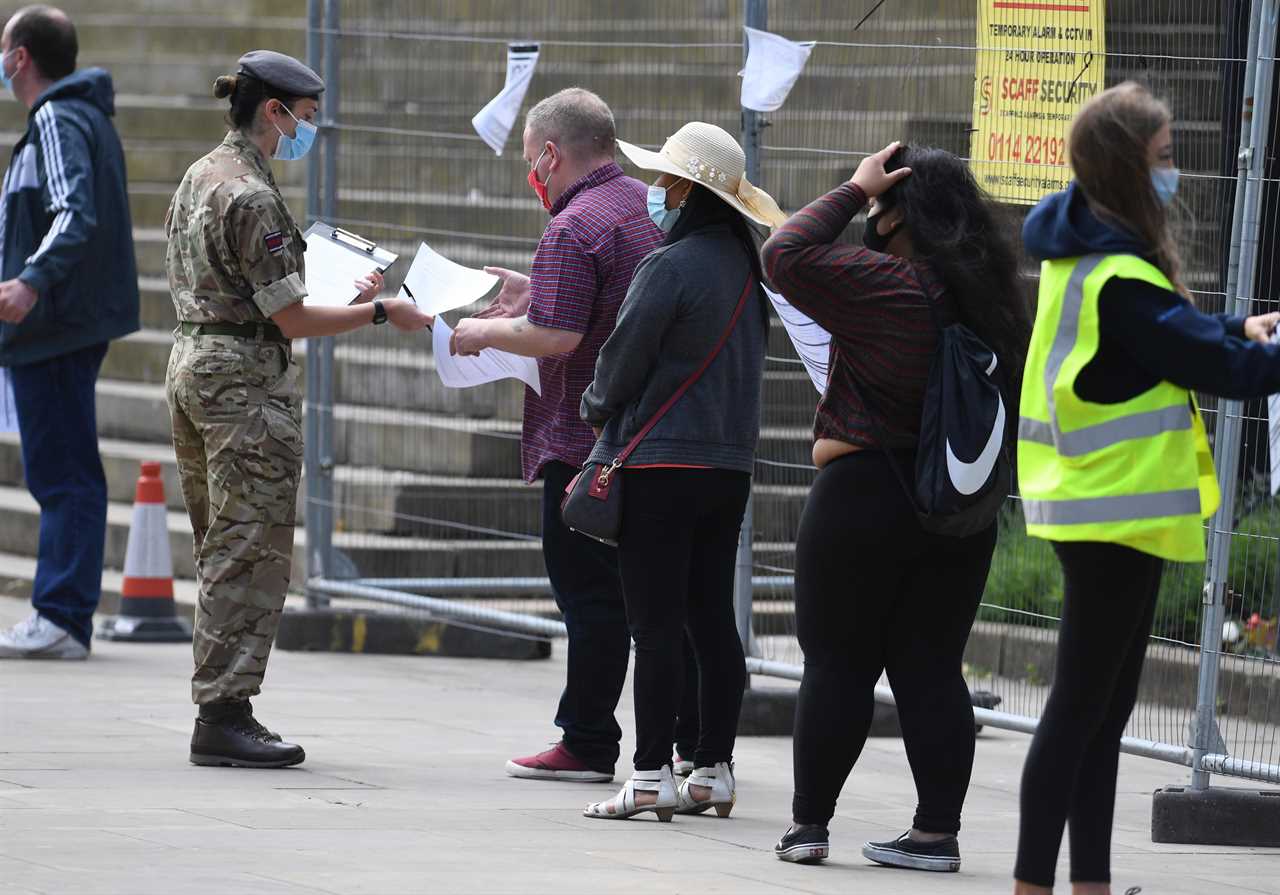
It means it’s possible the Government used the data to bolster the need for a delay – despite knowing there was a chance it was out of date.
However, most experts share the belief that there’ll be a huge wave of infections over the summer.
Tory MP Aaron Bell questioned the data at Westminster today.
“The models that we seem to be relying on to justify the extension of restrictions don’t appear to be using [the PHE] numbers,” he said.
He called the information “really important” and said it could “alter the case” for continuing with lockdown.
Meanwhile, committee chair Greg Clark – the former science minister – has called for scientists to re-run their models.
Cases are surging in the UK, fuelled by the Indian – or Delta – mutation.
The number of people testing positive in the past 24 hours soared above 9,000 for the first time since February.
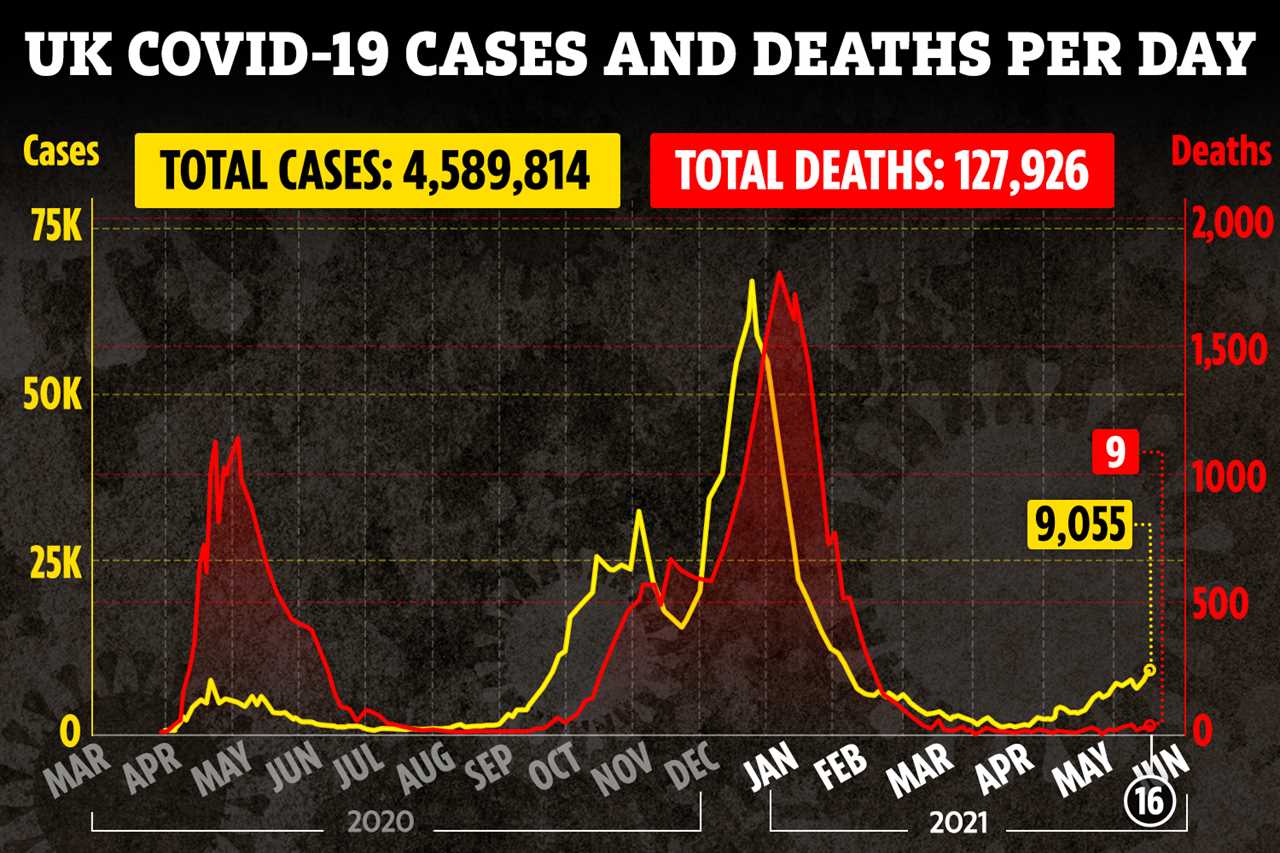
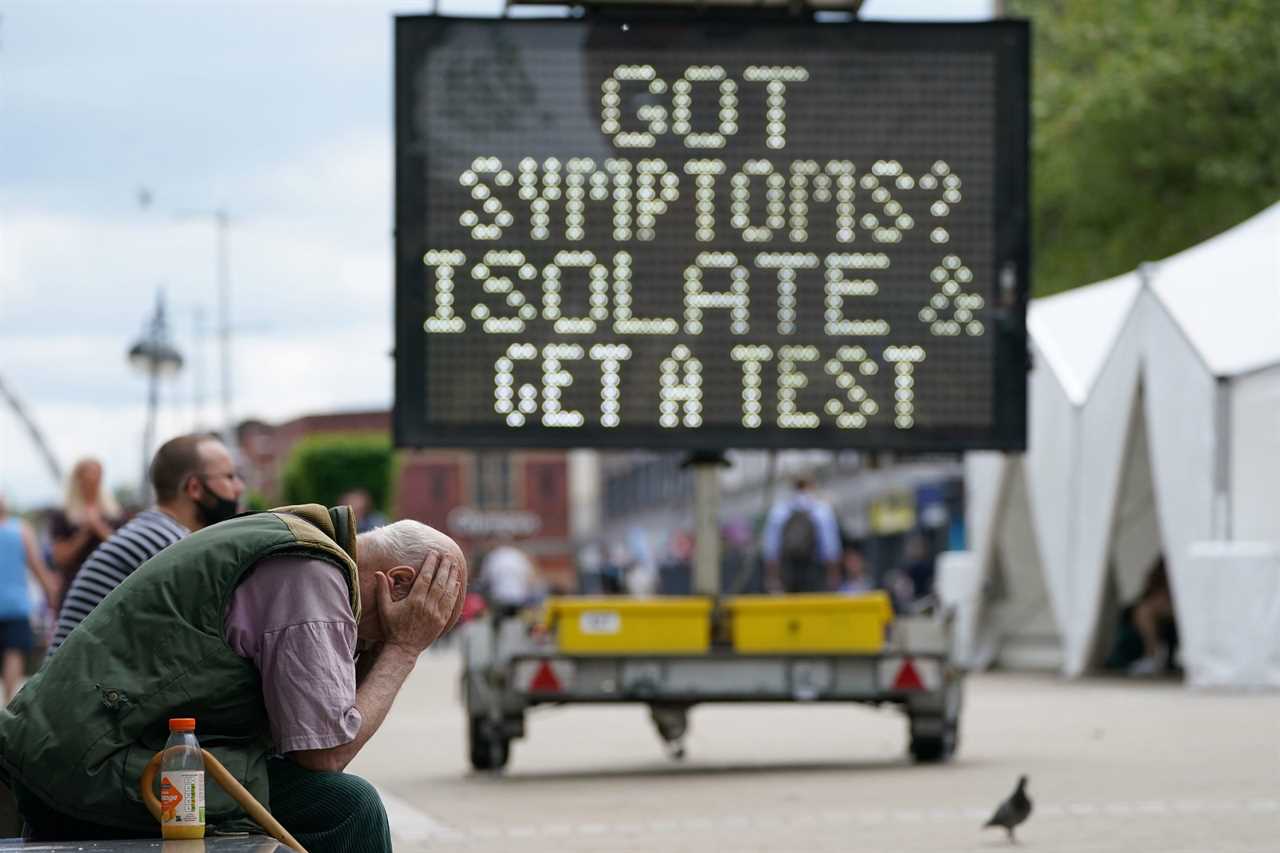
However, fatalities remain low, and just one per cent of NHS beds are currently being used by Covid patients.
Meanwhile, England and Wales are almost five per cent below the five-year average for deaths.
Oxford Professor Sir Andrew Pollard told the committee hearing: “If we don’t have very high hospitalisations despite the spread, the public health crisis is over.”
The PM reportedly decided freedom day must be delayed after learning 2,500 Brits may be hospitalised every day in a third wave.
The paper is just one projection – and may never be realised.
For example, Sage predicted a range of scenarios this summer, including that by June 14, anywhere between 38,061 and 2,050 people would be in hospital.
The true number on that date was 993.
In a speech to the nation on Monday, Mr Johnson said health chiefs and politicians are “so concerned” by the spread of the mutation.
“Cases are growing by about 64 per cent week-on-week, and cases in the worst affected areas are doubling every week,” he said.
“The average number of people admitted to hospital increased 50 per cent week-on-week, and 61 per cent in the north-west.
“It may be the shape of things to come.”
Did you miss our previous article...
https://trendinginthenews.com/covid-19/children-could-get-vaccinated-at-school-as-government-considers-mass-rollout-if-jabs-for-teens-gets-green-light






